Author Stephen Buchmann is an amateur beekeeper, associate professor of entomology at the University of Arizona, coauthor of The forgotten Pollinators, and founder of The Bee Works, an environmental company.
Trading Honey Today: The Bitter Consequences of Globalization
...Governments of the major industrialized nations promote globalization and reward participating developing countries with subsidies and favored status as trading partners.
These liberalized trade policies have had a profound impact on the way we do business and how economies are measured. In ways that may not always be apparent, globalization affects the quality of our daily lives. The deteriorating quality and taste of many of our foods reflect recent changes in the stewardship of the earth due to the growth of modern industrial agriculture.
The honey trade is one of the many victims of a worldwide economy that has grown too large and too fast, without adequate monitoriong and controls. The politics of globalization are rarely alighed with the needs of small beekeepers, small honey producers, and individual honey lovers such as you and me. Today we have far fewer choices when we go to the supermarket to buy our favorite sweetener, for the homogenizing aspect of global commerce has resulted in a less diverse product, still sweet but somehow not as flavorful and appealing as the thick, golden liquid we knew before.
...Large-scaled exporters, including China, Argentina, Australia, Russia, and the United States dominate the world honey market. Among these countires, China ranks first...From April 2003 to April 2004, the United States imported 22 million pounds of honey from China, 9 million pounds from Canada, and 2 million pounds from Mexico, with another 26 million pounds coming from other countires. Beekeepers and their advocacy groups, the American Honey Producers Association and the American Beekeeping Federation, have lobbied against the importation of inferior, less expensive honeys for decades, so far without success.
One danger of globalization is that when something goes awry in one part of the world, its effects are felt everywhere. A good example is what happened in 2002 in the global honey trade. An antibiotic, chloramphenicol, was detected in Chinese honey exported to the United States and other counties. This antibiotic is used to control diseases in shrimp, crayfish, and honey bees. In humans, chloramphenicol is used to treat life-threatening infections when little else works. It is administered sparingly, however, since a small percentage of the population can be affected by a rare by potentially lethal side effect, idiosyncratic aplastic anemia. Canada, the United Kingdom, and the United States immediately banned all Chinese honey products, obliging merchant to pull the honey from their shelves. Though these bans were later lifted when consignments of honey tested free of chloramphenicol, the risk to consumers was a very real one.
The next chapter is entitled "Trouble for the Honey Bee and for Us All: The Globalization of Pesticides" and we will submit parts of it. The elitests and bureaucrats would have you believe that only the uneducated are opposed to globalization. NOT SO.












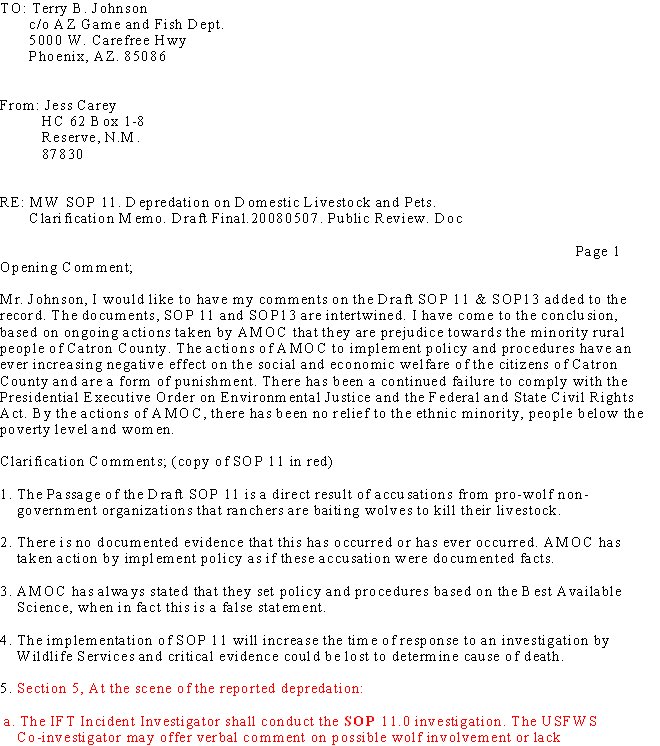
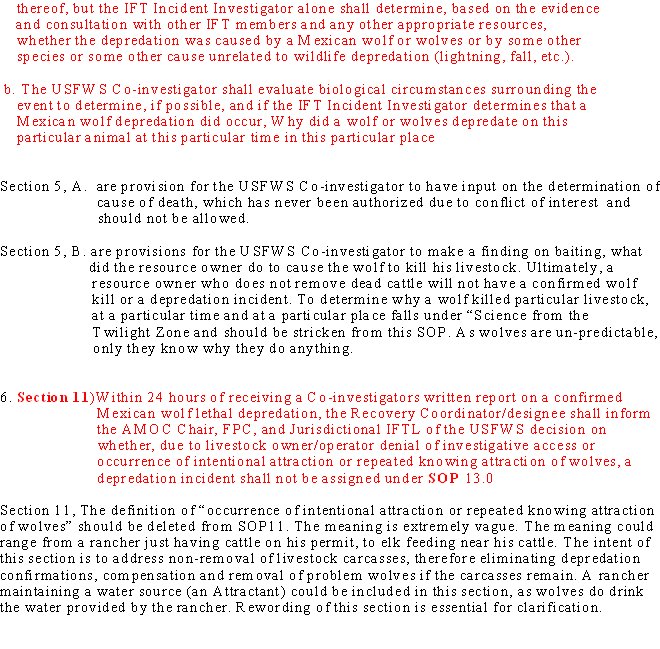
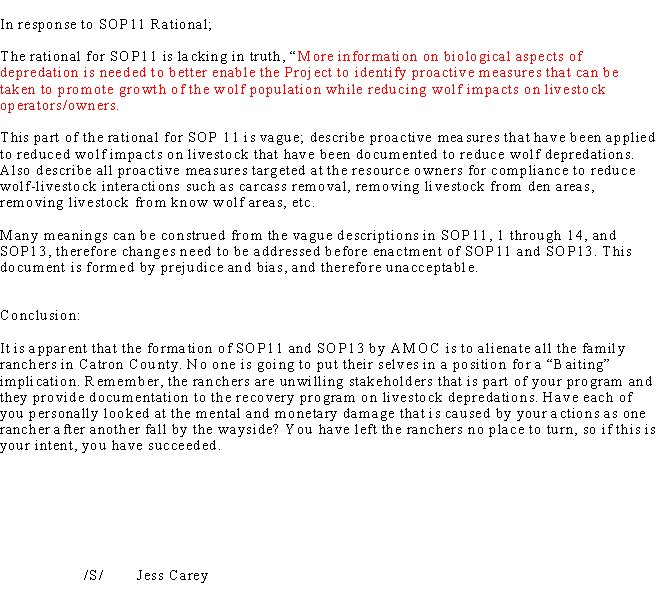




.jpg)


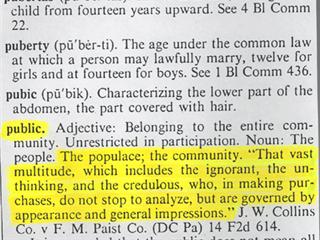









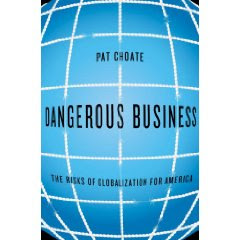





No comments:
Post a Comment